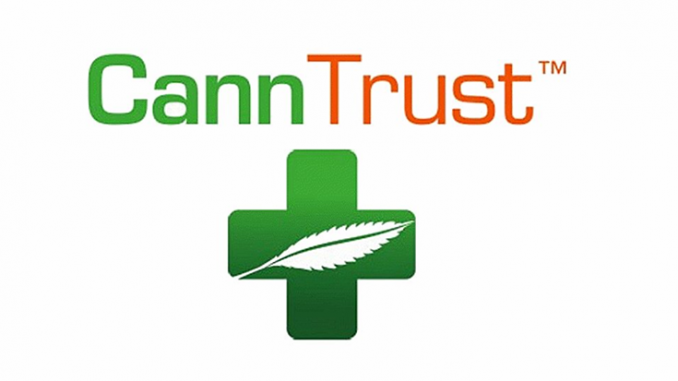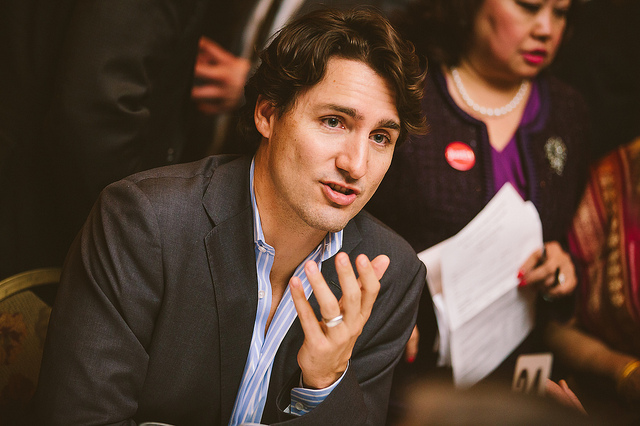As legalization of cannabis products from hemp to medical cannabis takes root across the U.S., there’s a growing need to understand and build good security practices. While many think of security as safeguarding assets like facilities and product, effective security does much more. It protects a business’ workers, providing them secure workplaces and incomes. Ideally, it reaches from supply chain to customers by ensuring consistently safe products.
To truly understand the value of this for a brand or for the industry as a whole, consider the opposite: the destructive effect – on a brand and on the industry at large – of unsafe or tampered product reaching customers, or of crimes occurring, just as the industry seeks to demonstrate its validity and benefits. Security is vital not only to individual farmers, processors or customers but to all who value what the industry brings to those who rely on CBD or medical cannabis products for their wellbeing.
Know the Threats.
Part of the learning process involves understanding the value of the product.Security is all about anticipating and reducing risks. These can include physical threats from natural sources – think flood, fire, tornado or crop fail – or from human threats. Human threats can arise from organized criminals, hackers, amateur thieves, vandals – or insiders.
As regulated industries, hemp and cannabis businesses also face risk of losses, which can be significant, from penalties ranging from fines to being shut down for non-compliance. While rules vary from state to state and continue to change, a disciplined approach to security is foundational to reducing risk at many levels. Rigorous operational processes must incorporate security that addresses risks at multiple points of access, transport and sale of products.
Learn the Rules.
In a rapidly evolving industry, one of the most important things producers can do is to learn. Security requirements vary by region and providers need to be aware of what is available. Get to know your state, local and federal resources for your operating area. California law, for example, specifies use of high-resolution video surveillance in dispensaries, while others do not.

Part of the learning process involves understanding the value of the product. With medicinal cannabis, it’s helpful to grasp both its commodity value and the street value that could make it attractive to thieves. In “Why Marijuana Plant Value is So Important for Adjusters,” Canadian Underwriter Magazine gave examples that indicate the size of losses that may occur in growing and processing operations:
“In the medical marijuana space, ClaimsPro has already seen losses primarily between $150,000 and $750,000. These losses, mostly on Vancouver Island, were for fire and water damage, as well as boiler machinery issues, physical damage to buildings and specialized greenhouse equipment, as well as extra expense and business interruption.”
The same article notes a claim over $20 million at another single flower greenhouse. Security needs to reflect what’s present on our premises.
Educating the community can reduce risk as well. Producers of industrial hemp may need to inform would-be thieves that what they are looking at is not street-valued product. To protect the crops, which are generally grown outdoors and do not require a full security detail, a best practice is simply posting signs on the property that say explicitly “No THC.”
Begin with a Risk Assessment.
Security begins with a professional evaluation of site vulnerabilities, examining key weaknesses that could be exploited by attackers. These include:
- Monitoring access to the site is a foundational principle of security.
- Design limited access points into the facility as well as prepare for possible facility breaches with perimeter access control, technological redundancies and ballistic glass for defensive architecture measures.
- Look at route vulnerabilities as well.
- Hedge site risk by not limiting your operation to a single site where one incident could wipe out an entire year’s crop.
The nature of threats is always changing. A 2018 Newsweek article described the struggles of legal cannabis farmers against illegal and potentially cartel-backed and violent operations in California. While a 2020 Business Insider report described indications that legalization was prompting some cartels to leave cannabis alone and move on to fentanyl and meth. “While Mexican drug cartels made their money predominantly from marijuana in past decades, the market has somewhat dissipated with the state-level legalization of cannabis in dozens of states across the US.”
Define Levels of Risk and Access.
The best security matches spending to risk in a commonsense way. Are you more at risk from the occasional smash and grab incident or is there reason to anticipate an organized assault? As in many industries, the greatest risk often comes from employee fraud or theft. Hiring carefully, paying fairly and training staff well are important to long term security.

Image credit: Tampa Bay Times
How will the product be moved around within the facility and beyond it – and what staff are responsible for each part of the journey? Who can enter the cultivation areas and what protocols must they follow? On site staff should be trained on what to look for if they observe a security breach. Consider biometrics such as retinal scans, fingerprint scans or similar.
In cases where valuable product or cash is present, guards can play an important role. Harvest Connect uses only high-level former military or police officers in these roles, an approach recognized by many. Hunter Garth of Iron Protection Group notes they have “the ability to de-escalate a potentially harmful situation and the fortitude to see a mission through to completion, no matter what external circumstances may arise.”
Inventory and Transaction Controls
Inside threats from sloppy processes can be just as insidious as attacks. Poor tracking of inventory by Oregon’s legal cannabis producers made headlines in 2018 as The Oregonian reported, “U.S. Attorney Billy Williams told a large gathering that included Gov. Kate Brown, law enforcement officials and representatives of the cannabis industry that Oregon has an ‘identifiable and formidable overproduction and diversion problem.’’ Discipline, applied by state pressure but carried out by producers themselves, has begun to reduce the diversion of untracked product into the black market a year later.
Cannabis businesses need a professional approach to monitoring all product and money that moves through its systems. These operational processes can include time, date and attendance stamps on all inventory. Similarly, accounting systems and software must follow the highest professional standards. Lastly, when breaches occur, it is essential that fraud and theft are caught, eliminated and prosecuted as appropriate.
Nurturing an Emerging Industry
Security resources are an integral part of maintaining the integrity of a business’ supply chain. As the product moves from the fields to processing centers to consumers, purity assurance becomes an operational objective. Ultimately, protecting the product through secure and professional practices is the optimal way to serve customers, build a brand, and sustain the industry.











 The court recognized, “[a]t some future date, industrial hemp that has been ‘produced in accordance with subtitle G’ will undoubtedly be transported in interstate commerce across states like Idaho that have not legalized industrial hemp.” In the meantime, however, the court found that Idaho could keep Big Sky’s cash crop, which sits deteriorating in the possession of law enforcement. Big Sky has appealed to the United States Court of Appeals for the Ninth Circuit.
The court recognized, “[a]t some future date, industrial hemp that has been ‘produced in accordance with subtitle G’ will undoubtedly be transported in interstate commerce across states like Idaho that have not legalized industrial hemp.” In the meantime, however, the court found that Idaho could keep Big Sky’s cash crop, which sits deteriorating in the possession of law enforcement. Big Sky has appealed to the United States Court of Appeals for the Ninth Circuit.










 The press release says the legislation would set up a regulatory framework “for controlling the production, distribution, sale and possession of cannabis in Canada.” It would set the minimum age to purchase cannabis at 18, but provinces can increase that minimum age how they see fit. Health Canada, the Royal Canadian Mounted Police, the Canada Border Services Agency and the Department of Public Safety would be responsible for enforcing the regulations.
The press release says the legislation would set up a regulatory framework “for controlling the production, distribution, sale and possession of cannabis in Canada.” It would set the minimum age to purchase cannabis at 18, but provinces can increase that minimum age how they see fit. Health Canada, the Royal Canadian Mounted Police, the Canada Border Services Agency and the Department of Public Safety would be responsible for enforcing the regulations.
